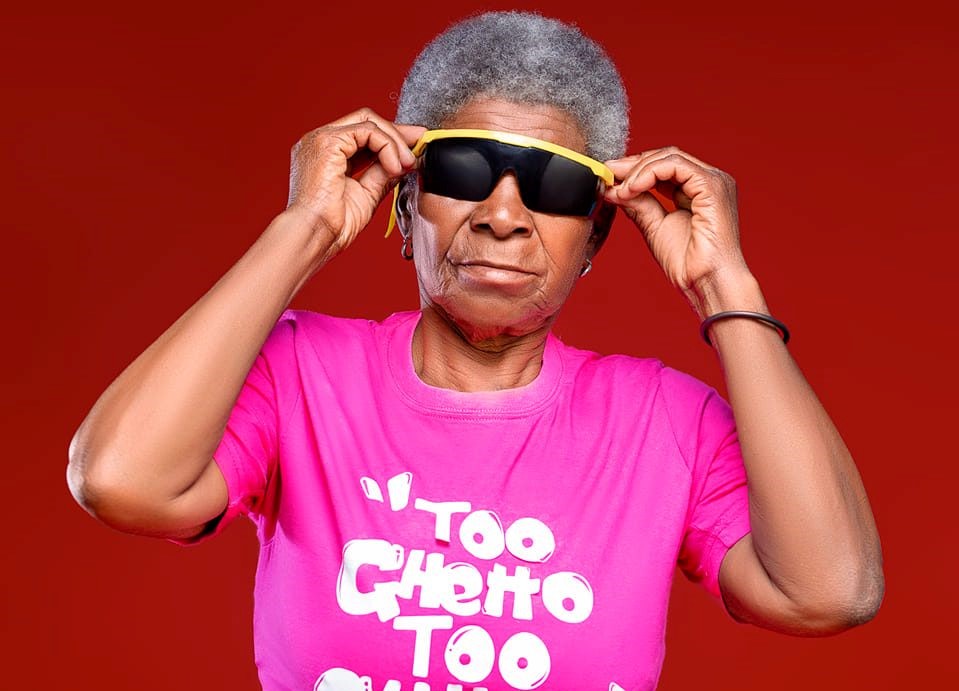Are online sales the way forward?
Within the past decade, Malawi has seen the birth of a new produce of musicians termed ‘urban musicians’ that have totally changed the face of the country’s music industry.
Commanding the local airwaves; topping the charts, enjoying listenership both in urban and rural Malawi, this fresh crop is destined to taking the music business in the country to a whole new level.

The presence of local urban talent can now be felt in an industry which not long ago was awash with foreign music from countries such as the US, Zambia, Mozambique, South Africa and Nigeria.
In spite of such strong presence, Malawian artists have, the absence of established music distribution systems in the country has been one of the factors prohibiting artists from getting their music out to their fans for a penny.
It should, however, be appreciated that the coming of online technology and mobile internet in Malawi has streamlined the means which artists can get their music to the listener at just the click of a button.
The nation has witnessed the development of ‘strictly Malawian music’ download websites such as the www.malawi-music.com , which has become the prime source of local music on the land.
Within the past few months, musicians such as Lawi, Piksy, Gwamba and Lucius Banda have had enormous music downloads that affirm the demand Malawians have for local music.
Thus far, the said artists plus others that have their music on malawi-music.com would have been millionaires by now if the free downloads were translated into sales.
Meanwhile, it is pleasing to note that some local musicians have started making sales online using Airtel Money and TNM Mpamba mobile phone services.
According to www.malawi-music.com administrators, the website is now selling local music at a price of K140 per song and the revenue from the sales is split with 70 percent going to the rights owners while the site retains 30 percent.
“There has been apprehension regarding the benefits of marketing music online from certain quarters and it is to be expected since this is a new format of doing things, but we feel this is the right direction for the industry if global and regional technological trends are anything to go by,” says Dingaani Whayo, malawi-music.com co-founder.
He further discloses: “For a musician to have their music on sale, they have to sign an agreement that allows us to sell their music online [and] the revenue from the sales is split”.
Some of the country’s renowned artists and other industry players have since expressed their delight over having music online for downloads. On the other hand, they say the system has its shortcomings.
Afro-Soul musician Lawi says, “There’s a good and a downside to having music online. The good part is that with the advancement in technology the music reaches out to the fan quicker than it would on physical sales.
“We can all agree that online Malawian music has seen a lot of downloads in a short period of time quicker than anyone ever sold CDs or tapes locally, this is a real good development.”
The Amaona Kuchedwa hit maker, however, points out: “As much as we can boast a lot of downloads in a short period of time, let’s also look at the impact this has on the artist’s wallet. I don’t think it is benefiting the artist because there are only a few sales made online”.
MAM Music Awards 2013 winner, Afro rapper/singer Piksy, whose two latest tracks Tsoka Liyenda and Maloto are in the Top 10 of the most downloaded songs on www.malawi-music.com, shares Lawi’s sentiments.
“It takes a lot of effort to produce a song, but at the end of the day people download it for free, but now that we can sell, yes it is a breakthrough. They say half a loaf is better than nothing.
“However, the disadvantage is that people will download and share through WhatsApp, BBM, emails and other applications where they can share music files,” says Piksy, who is also Airtel Malawi brand ambassador.
Piksy’s former manager, Khumbo Munthali of Nde’feyo Entertainment, while sharing the same fear with his ex-artist, saying “the songs are prone to piracy and sharing”, he adds that “because you don’t spend much on packaging as compared to CDs, the selling price is usually low”.
Prime Time Media chief executive officer, Edward Kankhomba, whose stable manages award-winning hip-hop artist Gwamba as well as dancehall musicians Nesnes and King Chambiecco, urges key players in the country to stop free online sharing but start selling their music.





